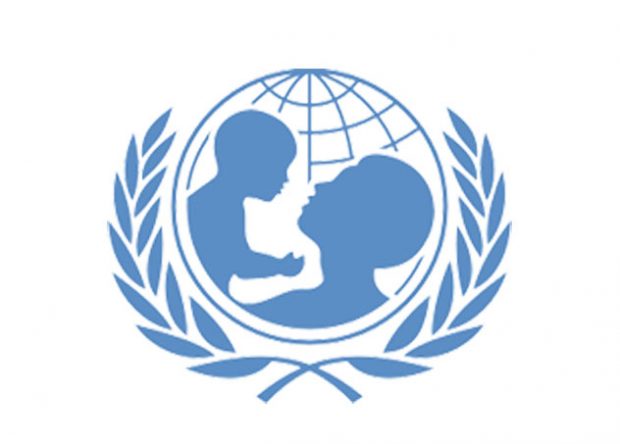Unicef: Two-thirds of Libyan Schools have limited drinking water

UNICEF together with the Ministry of Education and the Libyan National Centre for Disease Control Launch Assessment of Water, Quality, Sanitation and Hygiene in Libyan Schools
A nation-wide assessment on the quality of water and sanitation facilities in 140 schools in the West, East and South of Libya carried out by UNICEF and in partnership with the Ministry of Health’s National Centre for Disease Control, reveals that over half of assessed schools have insufficient and poor-quality drinking water and sanitation facilities. Over two-thirds of the schools have limited drinking water.1
Water in over 30 per cent of schools is contaminated by high levels of nitrates and more than half of water samples showed the presence of harmful bacteria, 10 percent of which tested positive for E.coli leaving children particularly vulnerable to contracting harmful diseases and illnesses.
“Addressing the recommendations and acting on this study are going to be among the priorities for the Ministry of Education in 2018,” said Adel Jomaa, Deputy Minister for Education.
Amid ongoing conflict and political instability, the lack of investment in water infrastructure in Libya, especially in its schools, presents a serious concern. An estimated 90 per cent of Libya’s territory is desert, and water scarcity is an ever-growing challenge. Limited access to clean drinking water, poor sanitation and hygiene conditions threaten children’s health.
“As a result of this important partnership, UNICEF, together with the Ministry of Education and the Ministry of Health’s National Centre for Disease Control has sufficient evidence to understand the scale of the damage to sanitation facilities and to the quality of water in Libyan schools,” said Dr Badereddin Annajar, General Director of the National Centre for Disease Control.
Despite Ministry of Health standards of one toilet per 25 students, the assessment also revealed that the average number of students to a functioning toilet is 71. Some schools were also found to have no functioning toilets at all meaning that in many cases, students are having to go home in order to use the bathroom. For girls, in particular, a lack of functioning water and sanitation facilities has been shown to have a detrimental effect on their education.
“The situation of water in Libya, especially its schools, is a critical issue,” said Abdel-Rahman Ghandour, Special Representative in Libya. “Too many students are missing out on vital education due to the current lack of investment. Urgent measures are needed to address this shortage.”
This assessment was made possible by a generous contribution from the German Government.
How to submit an Op-Ed: Libyan Express accepts opinion articles on a wide range of topics. Submissions may be sent to oped@libyanexpress.com. Please include ‘Op-Ed’ in the subject line.
- China’s reported Libya dealings raise regional power questions - January 02, 2025
- Disease control center confirms no human rabies cases in Libya - January 02, 2025
- Russian gas through Ukraine halts - January 02, 2025


